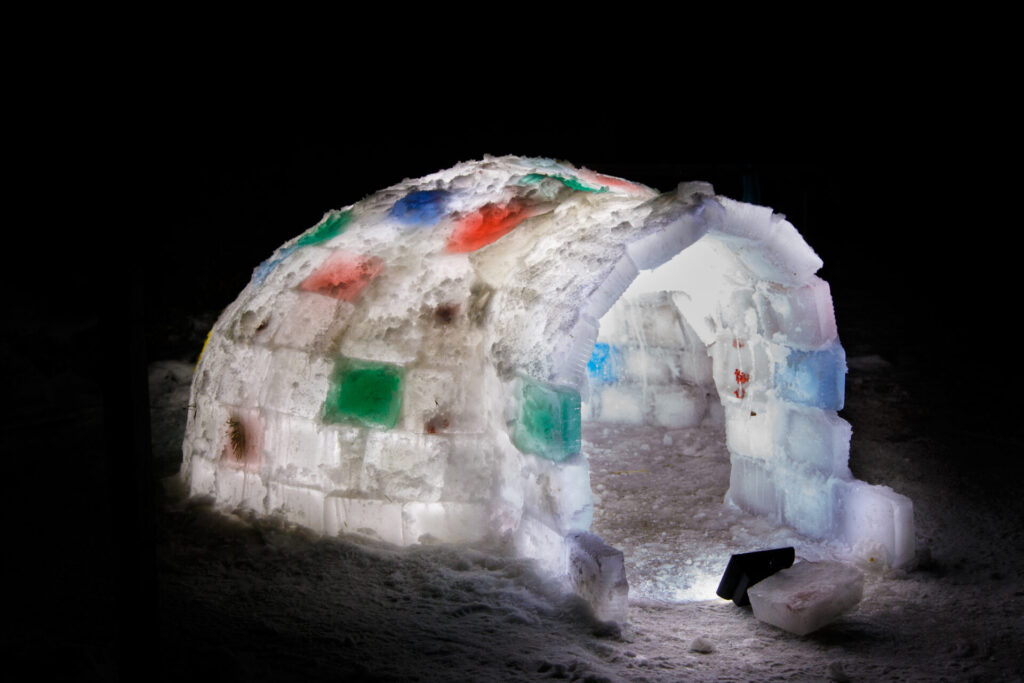Question
My six-and-a-half-year-old daughter has been losing a lot of hair. Should I be concerned?
Answer
There are a few questions I would want answered before I begin to tackle this question. Firstly, is your daughter generally well and how long has this been going on? Is the hair loss in one particular area leaving a bald spot or is it patchy? Has your child recently been ill? Sometimes that can tip the balance of the hair cycle. These questions are part of a history your doctor will want to take in investigating possible causes of hair loss.
I spoke with one of my consulting dermatologists, Dr. Fred Weksberg of the Centre for Cosmetic Dermatology in Toronto, who agrees that it is important to try and establish a diagnosis. Some causes can be self-limiting, meaning that they recover on their own. An example of this would be a condition called Telogen Effluvium. This can happen after a period of stress such as a high fever. An acute viral illness or a bacterial illness can result in hair loss.
Hair loss can also be a sign of a nutritional deficiency such as iron deficiency anemia. Zinc deficiency and biotin deficiency can also contribute to hair loss. Overall, nutritional deficiencies are fairly rare as a cause of hair loss. Other medical conditions that can lead to hair loss include an under-active thyroid. Your doctor could decide if blood work is needed to rule out these medical conditions.
On occasion, alopecia, the medical word for hair loss, can be a sign of something more serious. Other possible causes include tinea capitis, traction alopecia, alopecia areata and trichotillomania:
- Tinea capitis, or ringworm of the scalp, is caused by a fungus that, if undiagnosed and untreated, can cause progressive hair loss which may not be totally reversible. It can also be contagious, so it's important not to share objects like hats or pillow cases.
- Traction alopecia results from a ponytail or braid being too tight. If prolonged, the hair loss can be permanent.
- Alopecia areata presents as a bald spot. It is thought that in this condition the immune system attacks its own hair follicles. This may be self-limited and go away on its own. In some children the hair loss can be extensive and prolonged and this can impact a child's self esteem.
- Trichotillomania is a psychiatric condition in which children or adults pull out their own hair. Given your concern, I would recommend you see your health care provider to determine if a referral to a dermatologist is needed.
Given your concern, I would recommend you see your health care provider to determine if a referral to a dermatologist is needed.
Originally published in ParentsCanada magazine, June/July 2014.









